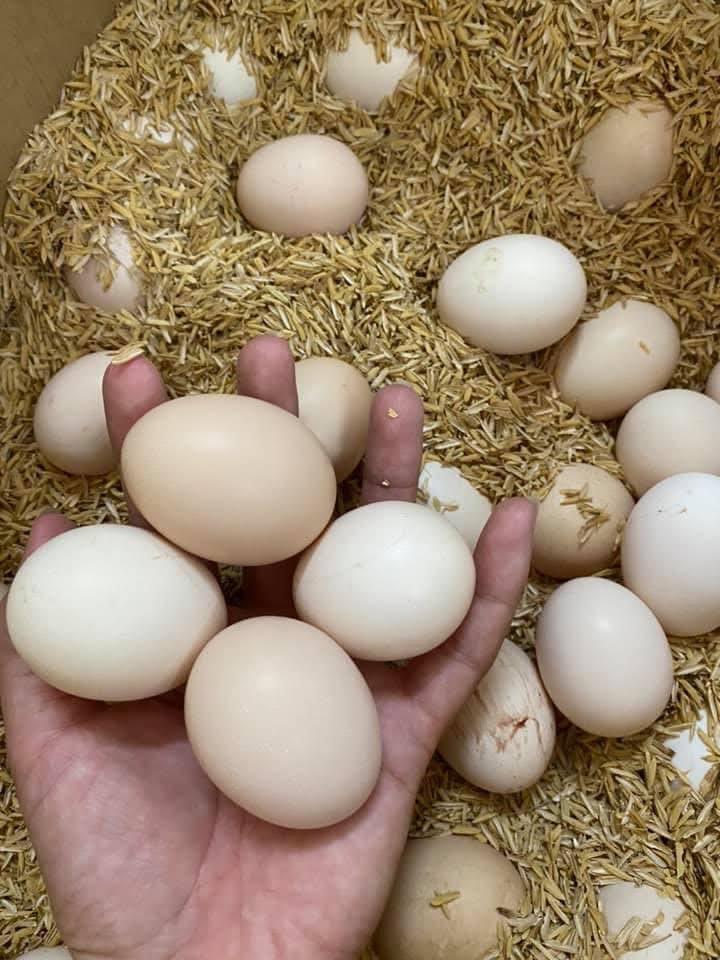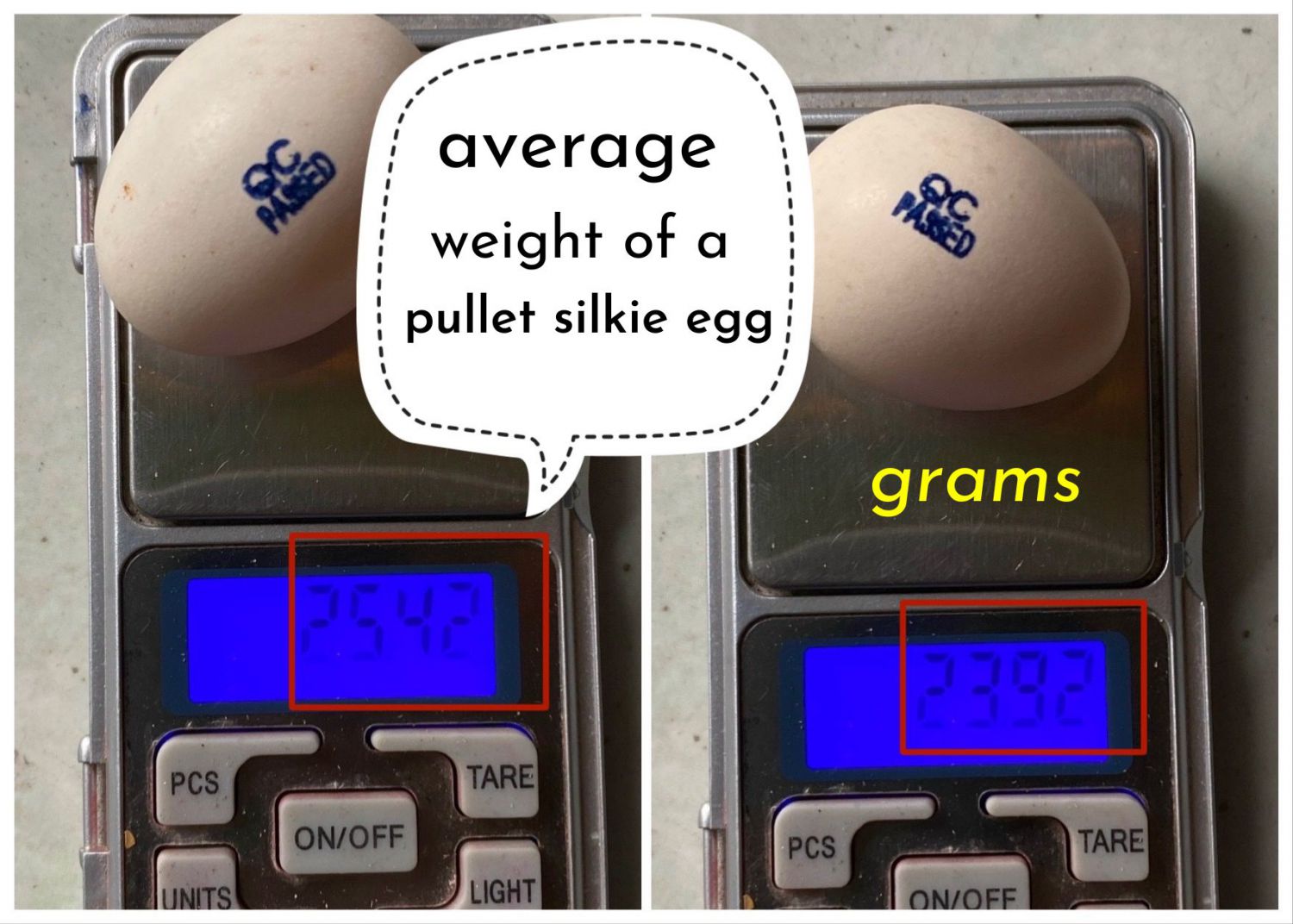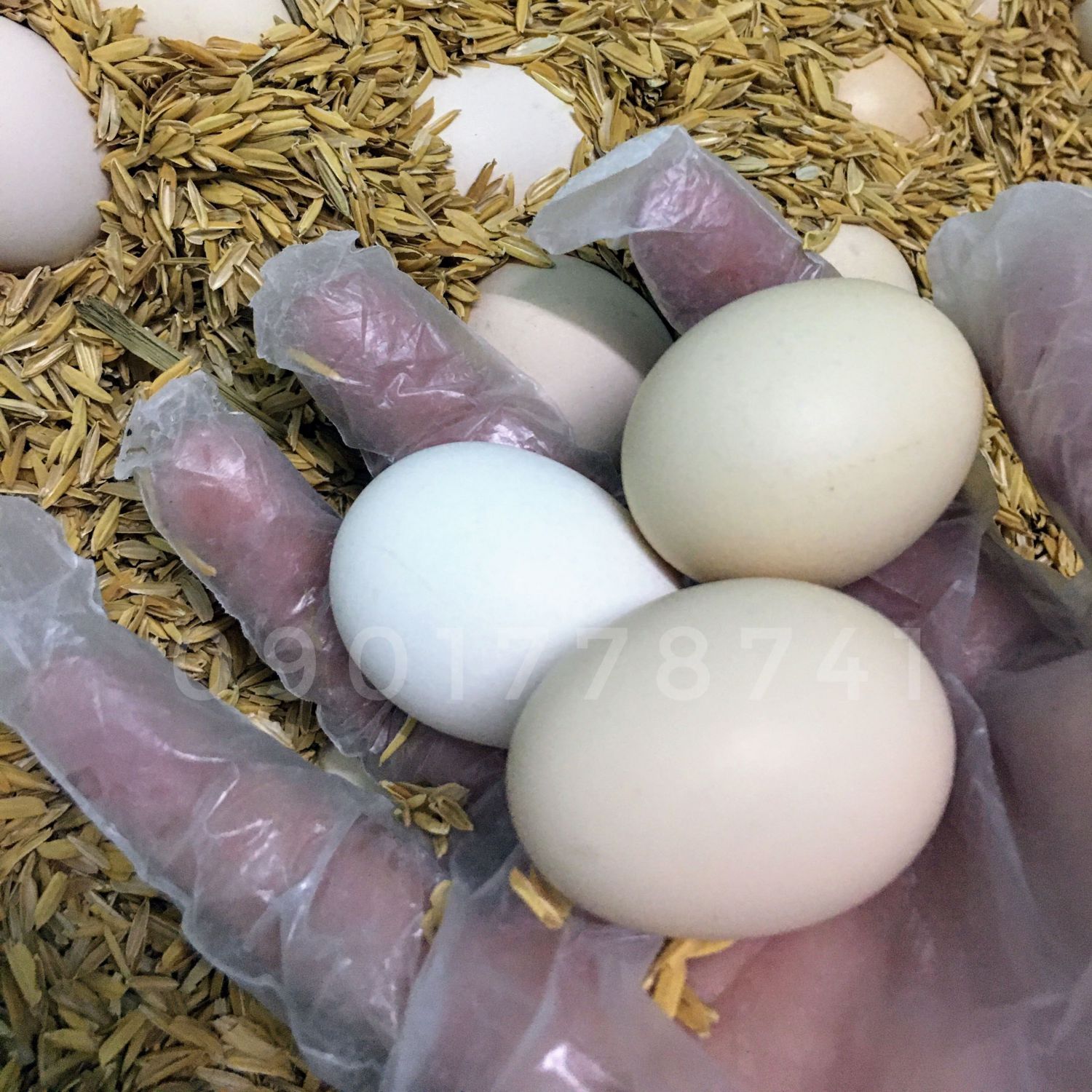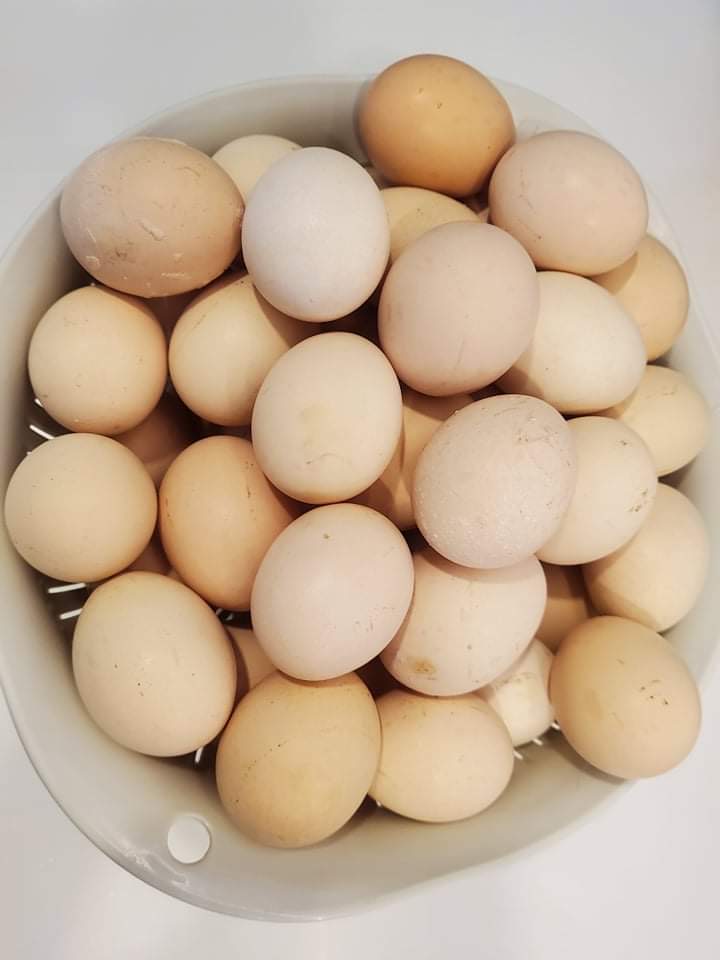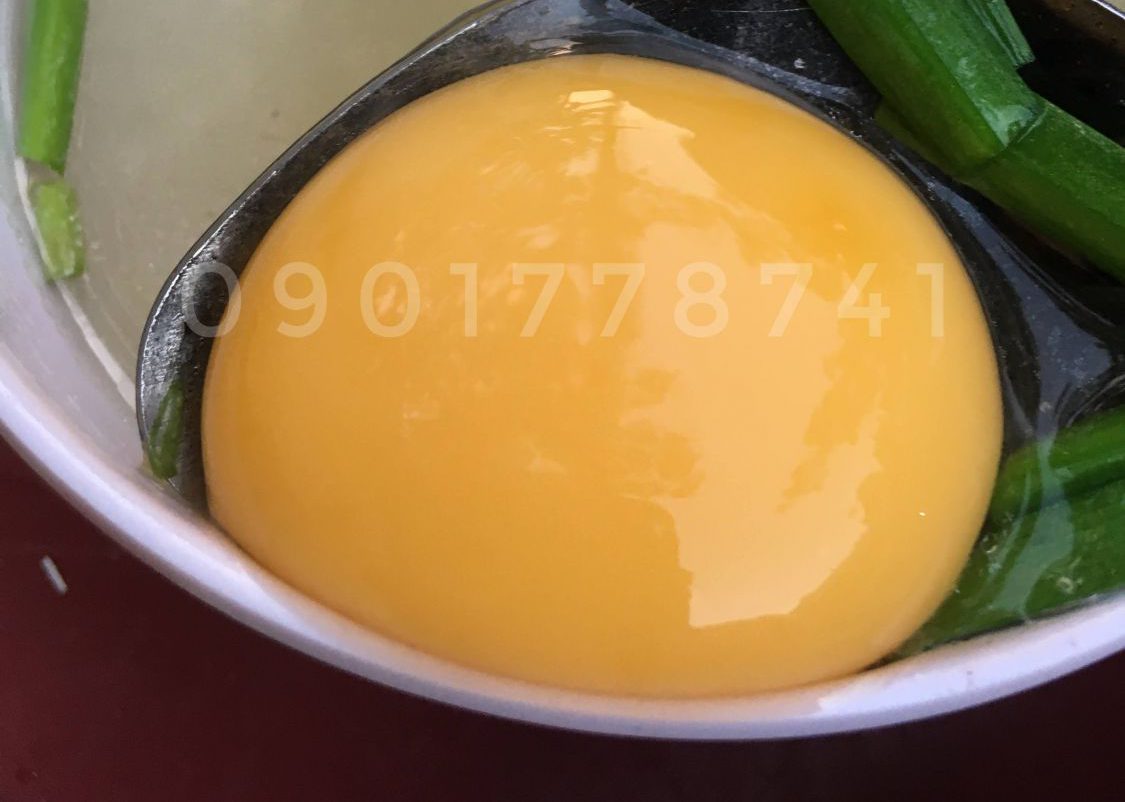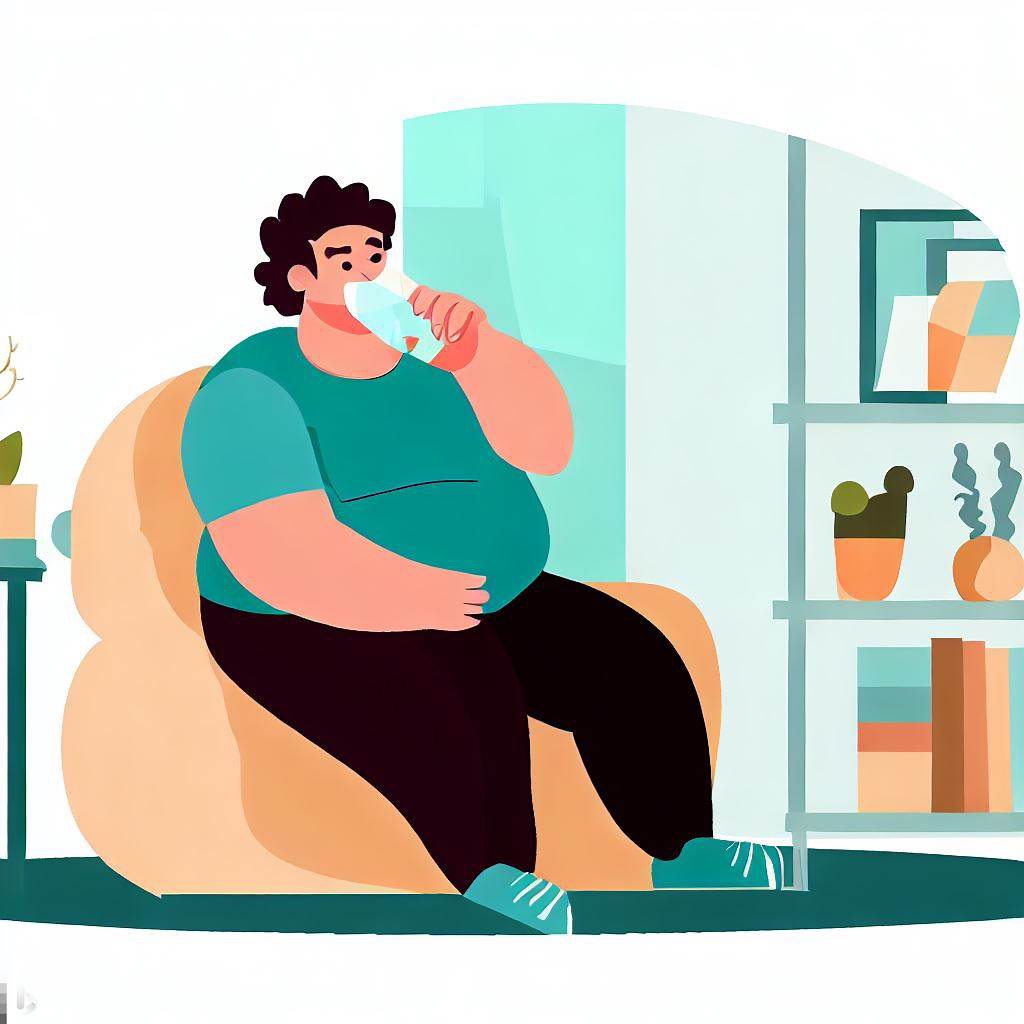Chicken eggs are a staple in many households all around the world and the way they are produced and distributed can vary greatly from region to region. For example, there is a marked difference between the way chicken eggs are processed in Europe and the United States. In Europe, chicken eggs are typically sold unwashed and unrefrigerated, while in the US, they are washed, sanitized, and refrigerated.
Vietnamese post Sự khác biệt giữa cách xử lý vỏ trứng gà ở các nước Châu Âu, Mỹ và Việt Nam – QUYÊN TRỨNG GÀ (quyentrungga.com)
In Europe, eggs are not washed before being sold due to the presence of a natural protective coating on the eggshell, known as the cuticle, which helps prevent bacteria and keeps the egg fresh. When this coating is removed through washing, the egg becomes more susceptible to contamination. European regulations permit the sale of unwashed eggs as long as they are produced under strict standards of hygiene. This is why many European consumers prefer to buy their eggs from small, local farmers who can guarantee the freshness of their product.
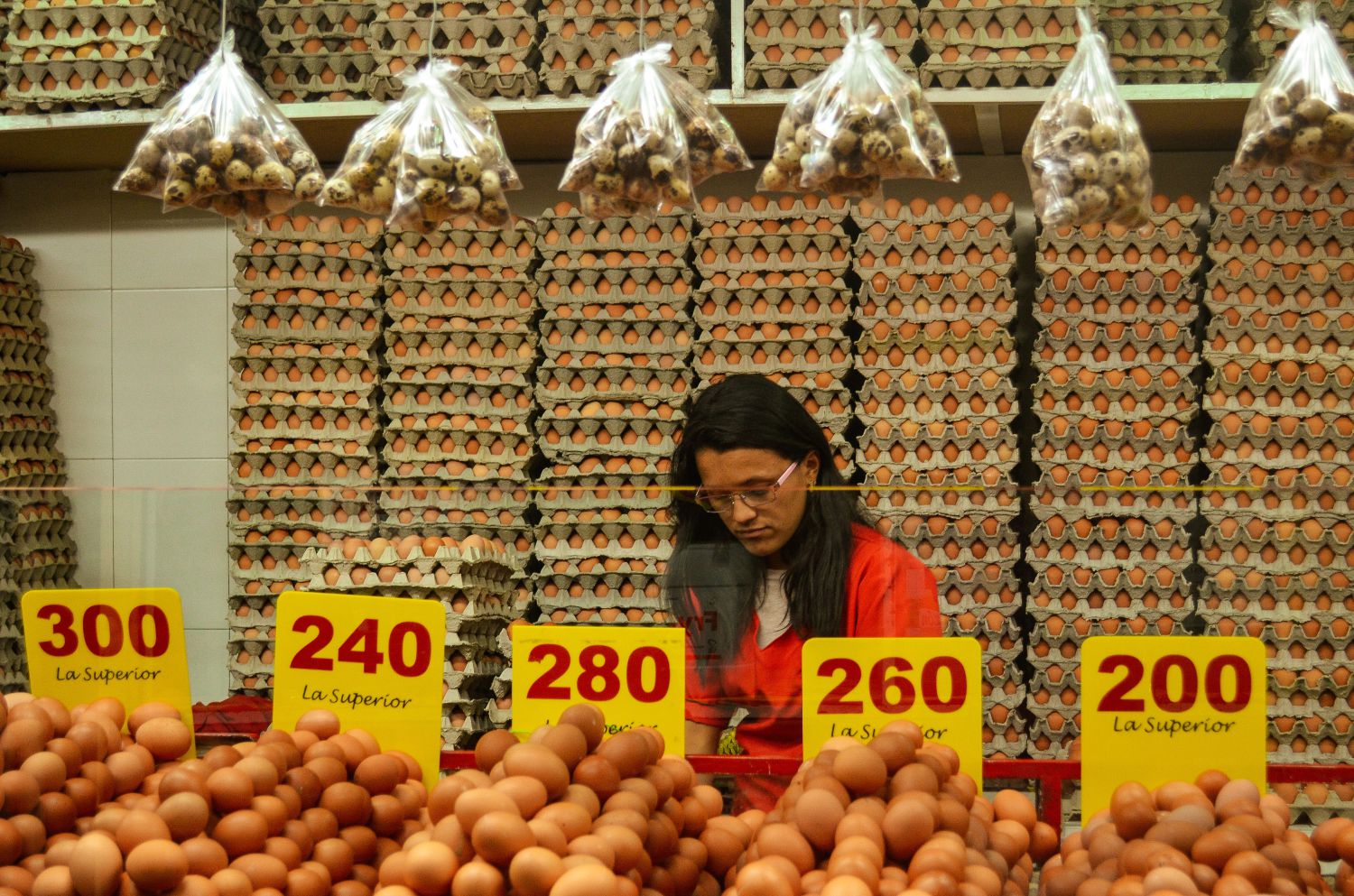
Photo by Külli Kittus on Unsplash
In the US, on the other hand, the USDA requires all eggs sold for consumption to be washed and sanitized, and refrigerated within 36 hours of being laid. This helps to reduce the risk of foodborne illness, but it also affects the shelf life of the eggs, which can become shorter as a result of the washing process. The difference in egg processing between Europe and the US is driven by the regulations and consumer preferences. In Europe, there is a cultural preference for farm-fresh eggs, and consumers are willing to pay a premium for that experience. In the US, there is a strong emphasis on food safety and reducing the risk of foodborne illness, and the regulations reflect that.
There is a growing trend towards more sustainable and organic methods of egg production in both Europe and the US. Consumers are seeking eggs from chickens that are raised on small, family-owned farms, where they are free to roam and are fed a healthy diet without the use of antibiotics and hormones. Regardless of the processing method, both American and European chicken eggs are a nutritious and versatile food that can be enjoyed in a variety of dishes. However, it is important to note that the taste, texture, and shelf life of eggs that have been washed and refrigerated can be different from those that have not.
In Vietnam, the Ministry of Agriculture and Rural Development sets the regulations for the production, processing, and distribution of chicken eggs. These regulations aim to ensure high standards of quality and safety for consumers, as well as protect animal welfare and the environment. Eggs in Vietnam are often sold unwashed, similar to the practice in Europe, as many consumers prefer to purchase eggs with the natural protective cuticle intact. However, there are regulations in place to ensure that all eggs produced in the country meet high standards of food safety.

In Vietnam, the Ministry of Agriculture and Rural Development sets the regulations for the production, processing, and distribution of chicken eggs.
The answer to whether organic eggs have their shells washed or not depends on the specific regulations and practices of the region in which they are produced. For example, in the US, all eggs sold for consumption, including organic eggs, must be washed and sanitized by the USDA. However, some organic egg producers may choose to sell unwashed eggs following European practices and still meet the criteria for organic certification. Some consumers may prefer unwashed eggs because the process of washing can remove the cuticle, which can lead to a shorter shelf life and increased risk of contamination.

Organic egg producers may choose to sell unwashed eggs following European practices and still meet the criteria for organic certification.
In conclusion, the processing of chicken eggs is influenced by regulations and consumer preferences in different regions around the world. While European chicken eggs are typically sold unwashed, American chicken eggs are washed, sanitized, and refrigerated to reduce the risk of foodborne illness. There is a growing movement towards more sustainable and organic methods of egg production, but the regulations and consumer preferences will continue to shape the way chicken eggs are processed.
